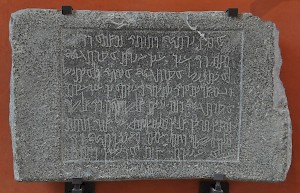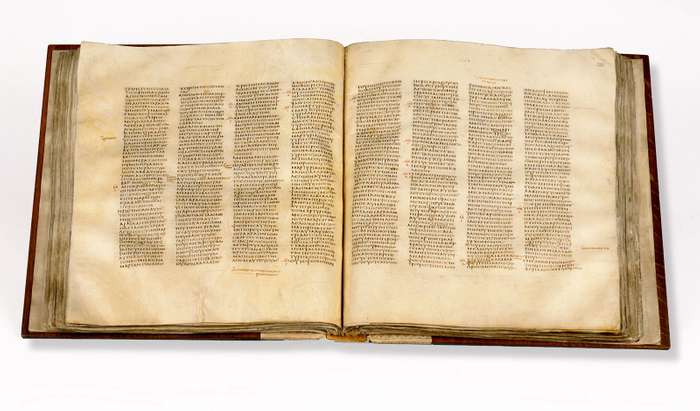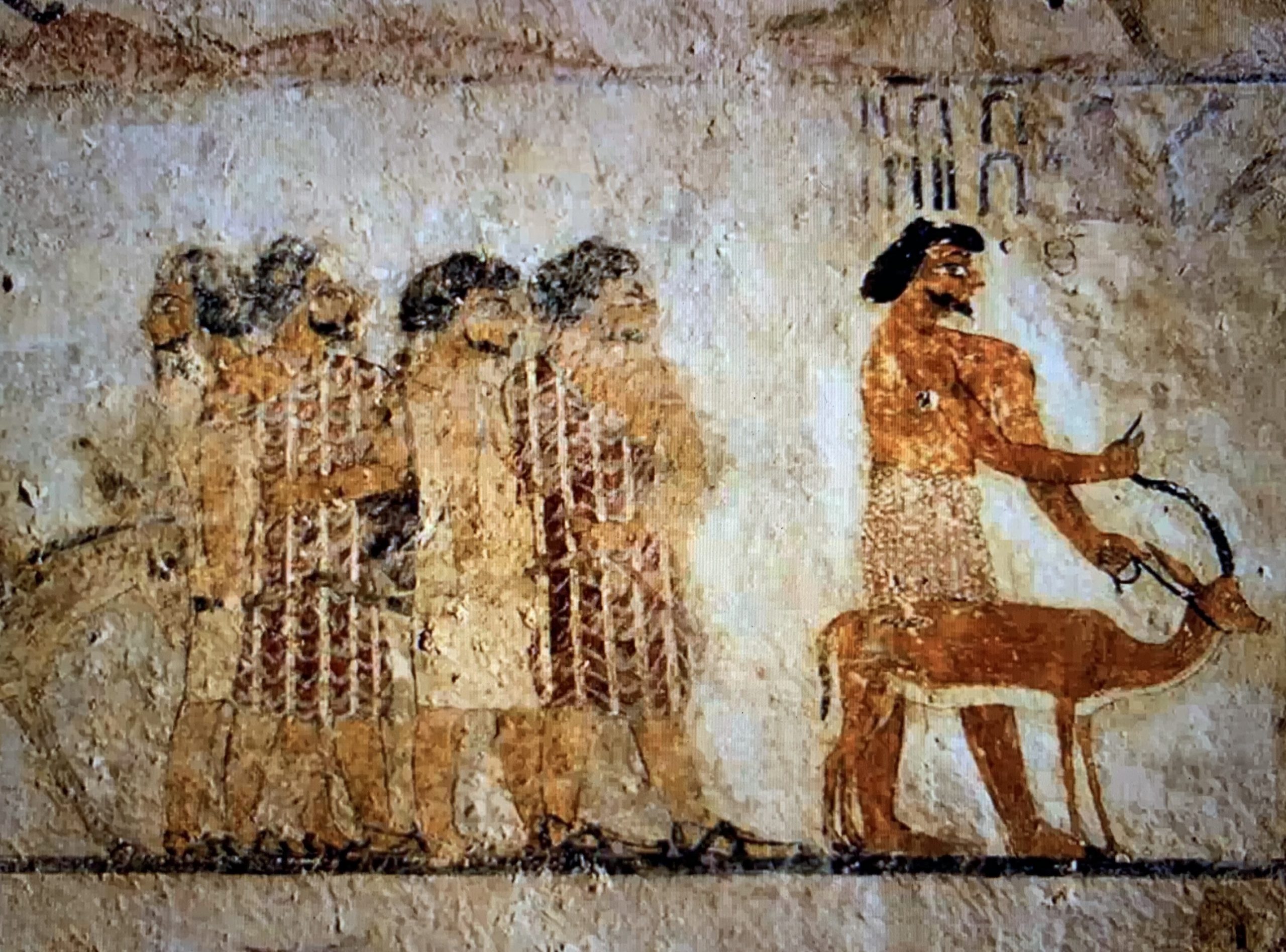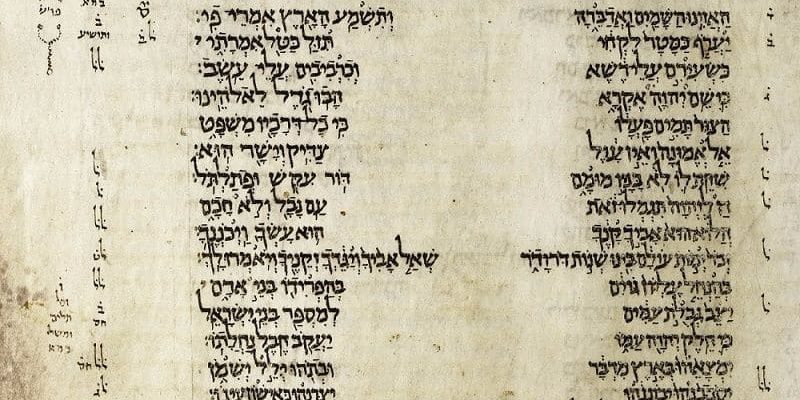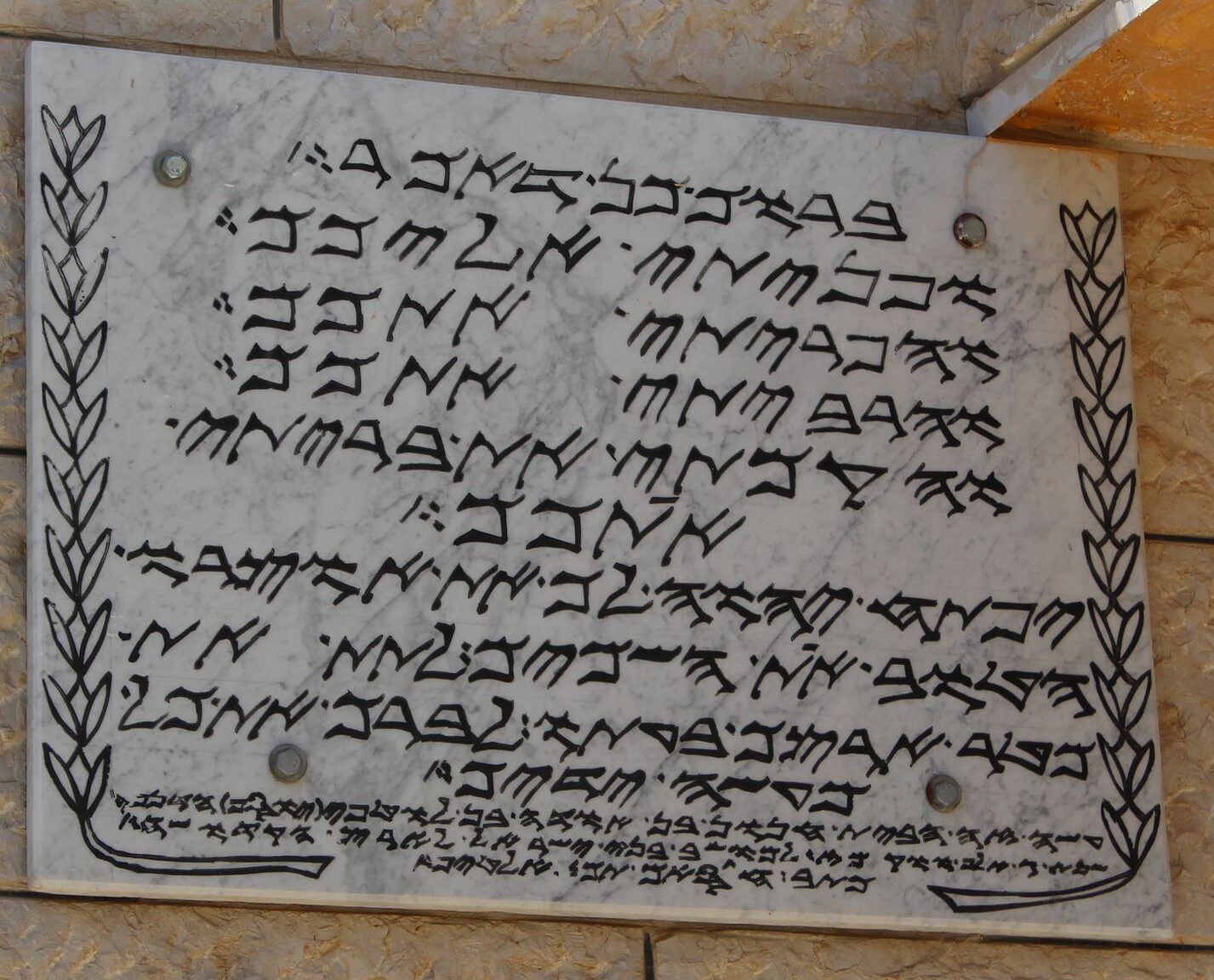On Wednesday, the University College London and King’s College London hosted Dr. Mark Geller to present for the Ancient Near Eastern Language in Contact 2020 eLecture series. About 100 people logged on to listen to Dr. Geller speak about healing incantations and prayers.
Dr. Geller gave an interesting presentation that focused on connections between incantation texts from Aramaic and Akkadian origins. He looked at incantations that appeared first in cuneiform tablets and later in an Aramaic text from Iraq. The examples provided by Geller had in common a botanical ingredient, a plant apparently useful for what we would describe as a medicinal application.
Geller’s lecture points to substantial evidence for multiple references to the plant in various texts expressing incantations for healing. This invariably led to a post-lecture discussion about the meaning of ‘incantation.’ Geller’s introduction tied incantations to the practiced discipline of magic in the ancient world. His presentation provided evidence that such a belief system was widespread, crossing boundaries between space, language, and time.
Clearly, the boundary between science and magic in these ancient incantations was nominal. The idea that a particular herb or shrub could be applied as a paste or even ingested was insignificant without the accompanying script to urge healing. Since incantations are often considered religious, there may be a minimal distinction between a prayer and a magical incantation.
Geller did not extend his presentation to Hebrew Bible texts, but I cannot help but think about the Psalter, which is filled with poetic prayers, many of which ask for healing and restoration. In Psalm 119, the psalmist makes a petition that compares sweet words with honey, a food with known healing properties. Is Psalm 119.103 an example of adjoining an herbal remedy with an incantation? “How sweet are your words to my taste, sweeter than honey to my mouth!” (NRSV). This would also resonate with Proverbs 16.24, which says, “Pleasant words are like a honeycomb, sweetness to the soul and health to the body.” (NRSV) Here is easy confirmation that healing words and healing foods go together in ancient prayers.
The implications of combining medicinal treatments with a practice of prayer are relevant in our world today. Many religious orders encourage medical treatment alongside the spiritual petition. In the ancient world, one could not do without the other. It is, at least, food for thought.
About this event
ANELC is a joint King’s College London–UCL series. This is the first year it is running as an online eLecture series. Read about #ANELC presentations. Also, read about other academic conferences.

Dr. Erica Mongé-Greer, holding a PhD in Divinity from the University of Aberdeen, is a distinguished researcher and educator specializing in Biblical Ethics, Mythopoeia, and Resistance Theory. Her work focuses on justice in ancient religious texts, notably reinterpreting Psalm 82’s ethics in the Hebrew Bible, with her findings currently under peer review.
In addition to her academic research, Dr. Mongé-Greer is an experienced University instructor, having taught various biblical studies courses. Her teaching philosophy integrates theoretical discussions with practical insights, promoting an inclusive and dynamic learning environment.
Her ongoing projects include a book on religious themes in the series Battlestar Galactica and further research in biblical ethics, showcasing her dedication to interdisciplinary studies that blend religion with contemporary issues.
